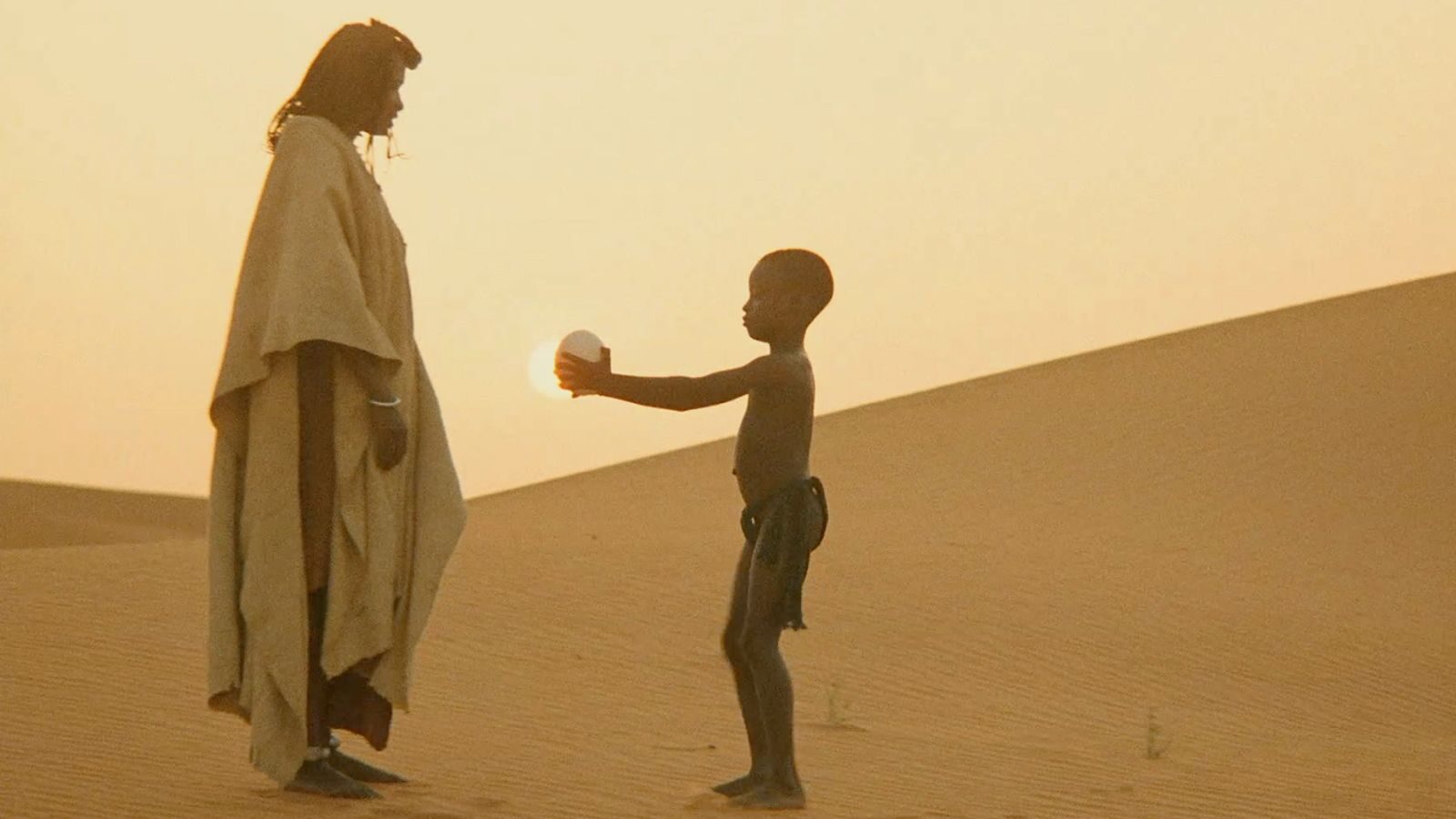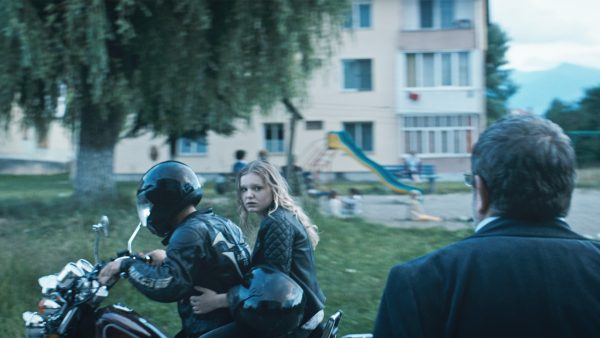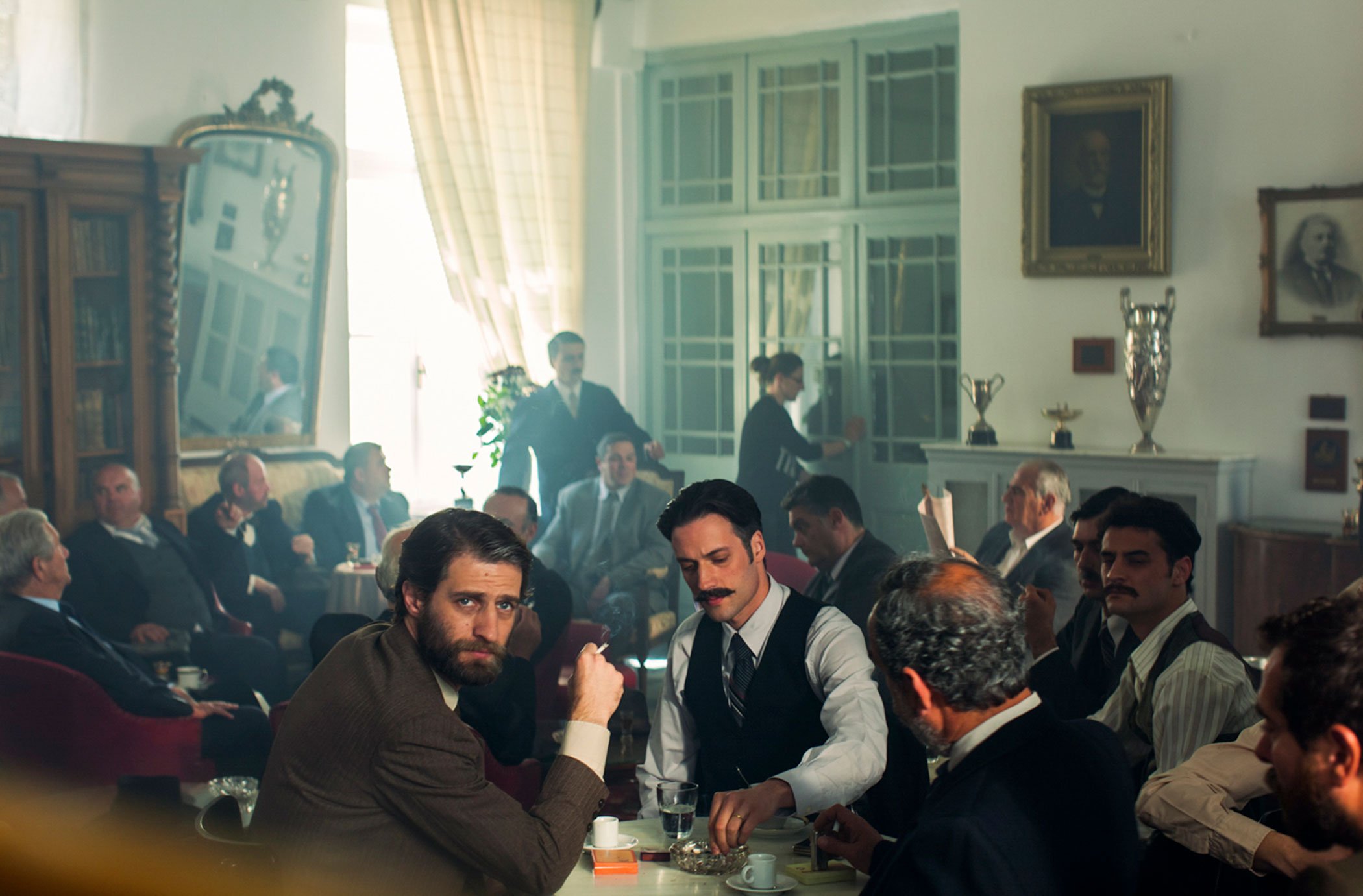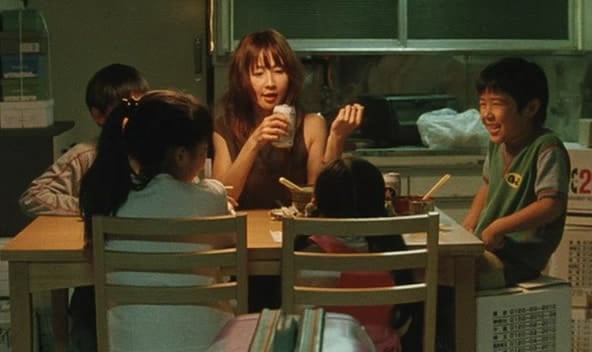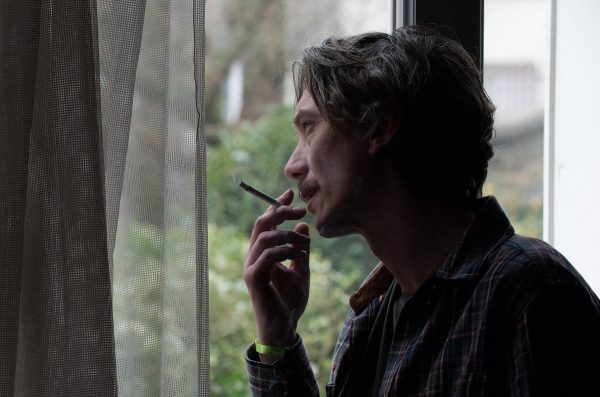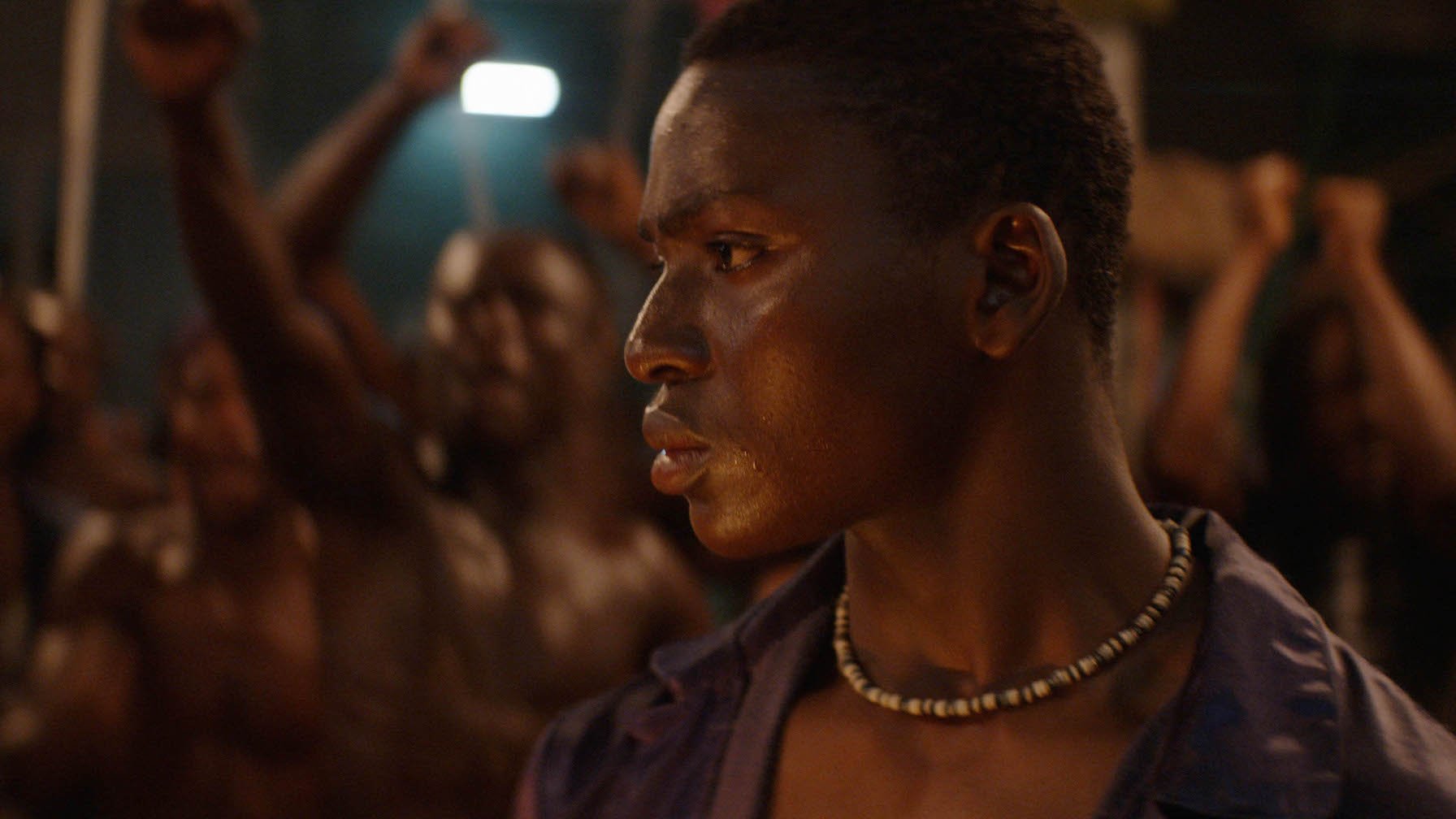
100 Best Foreign Movies on Kanopy Right Now
April 25, 2025
Share:
The best thing about a library is access. Like a library, Kanopy provides access to plenty of classic films that you would otherwise not be able to see, but unlike other streaming sites, Kanopy provides that access for free with your library card or university log-in.
But another great thing about Kanopy is that its selection isn’t just limited to Old Hollywood films– Kanopy also includes plenty of foreign films in their library as well. We’ve previously listed the 100 best movies on the platform, but if you’re looking to jump out of your comfort zone, here’s the same list without any film made in the English language.
Read also:
61. Yeelen (1987)
Genres
Director
Actors
Moods
Celebrated Malian filmmaker Souleyman Cissé crafted Yeelen (which means ‘brightness’) as an explicit antidote to the “ethnographic” lens through which Western directors often told Africa-set stories. That intention is certainly felt, because Yeelen doesn’t trouble itself to translate its folklore-drawn premise for audiences unfamiliar with 13th-century Malian myths. Rejecting Western storytelling conventions, it instead uses those of the culture it depicts — a looping approach to time and matter-of-fact magical realism — to present the tale of Nianankoro (Issiaka Kane), a supernaturally gifted young man whose sorcerer father (Niamanto Sanogo) plots to kill him because of the threats he poses to the elder man’s power.
A basic primer to the customs central to Yeelen is provided in the opening titles, but knowledge of the culture it communicates through isn’t a prerequisite to watching and enjoying the film because its epic conflicts — both Oedipal (father versus son) and religious (flesh versus spirit) — and otherworldly sensibilities make it both instinctively familiar and mesmerizing. A deserved winner of the Cannes Jury Prize, though the fact that it was the first African film to win one of the festival’s awards — 40 years into its existence — makes this an unjustly belated milestone.
62. Man with a Movie Camera (1929)
Genres
Director
Actors
Moods
With no dialogue, no intertitles, no hired cast, and barely a semblance of a plot, The Man with a Movie Camera doesn’t seem like the kind of film that today’s viewers would seem to enjoy. The film even warns you beforehand that it doesn’t have these things. But as the theater opens, the seats unfold, and the light bursts through the silver film, filmmaker Dziga Vertov presents a vision of the cinematic landscape that was to come, completely crafting a story of a cameraman’s day purely through the use of cinematography and editing alone. Essentially, it’s crafting these two elements completely from scratch, creating a whole body of signs and symbols (and a whole industry) that eventually formed the language of film as we know it today.
63. The Violin (2007)
Genres
Director
Actors
Moods
TRIGGER WARNING: THIS FILM IS NOT FOR THE FAINT OF HEART. CONTAINS VERY GRAPHIC SCENES. In fact, the movie opens with rape. While definitely not an easy watch, it is an incredible story and it should definitely be seen by more people. Set in the 1970s during the peasant revolts, a group of locals in the rural areas organize a rebellion against the government. The movie starts with the government fighting this insurgency by sending soldiers to the village, where they rape, torture, beat, and kill the villagers. The soldiers unknowingly cut off the locals from their ammunition supply by occupying the fields in which the ammunition is secretly hidden. Don Plutarco, an old man and violinist (who is missing a hand), attempts to pass this checkpoint though, in order to “check on his corn crops.” The soldiers agree, but only if he stays for a daily music lesson. As Plutarco comes every day, he secretly smuggles the ammunition into his violin case, right under the guards’ noses. The story is incredibly moving, showing the heart wrenching tragedies the peasants go through, as well as the way music moves the guards, despite what they think of the peasants. I’d highly recommend it, but only for those with strong stomachs.
64. Graduation (2016)
Genres
Director
Actors
Moods
Graduation is a Romanian movie from the director of the Palme d’Or winner 4 Months, 3 Weeks and 2 Days (also number 15 in the BBC’s 100 Greatest Films of the 21st Century.)
Romeo is a 49-year-old doctor in the city of Cluj-Napoca. He is immensely proud and dedicated to his daughter, Eliza, who gets awarded a scholarship to go to Cambridge provided that she does well in her last high-school exam.
The day before this exam, Elisa is sexually assaulted outside her school, and her wrist is broken. The event haunts the family and jeopardizes Elisa’s chances of succeeding in her exam.
Romeo, still determined to ensure his daughter’s success, vows to do anything to not let the assault ruin his daughter’s future. Graduation is about this father and daughter duo as they go against a corrupt but quickly changing Romanian system.
65. The Wolf House (2018)
Genres
Director
Actors
Moods
This mortifying stop-motion fairy-tale is inspired by the very real horrors of Chile’s Colonia Dignidad: a cult colony turned torture camp under the Pinochet regime. Presented as colony propaganda, the tale tells the story of Maria, a girl who runs away from the safety of the colony into the forest and takes refuge in a house with two pigs. What transpires is a gut-wrenching allegory for the rise of fascism, colonialism, and white supremacy.
The staggering animation which seamlessly shifts mediums from paper mâché to painted walls is a bewildering sight to witness. But it’s the synthesis of this boundary-pushing art and the underlying horrors it depicts, that make this stand as an unmissable cinematic event.
66. Kedi (2017)
Genres
Director
Actors
Moods
With its detailed portraits of seven of Istanbul’s most adored felines, Kedi affirms what anyone who’s spent some time with a cat will know: they really do all have fully-fledged, complex personalities of their own. More than just a celebration of some supremely cute kitties, though, this documentary about the city’s teeming street cat population also presents a moving example of a way of living that embraces — rather than tramples over — our animal neighbors.
Immersive cinematography from the cats’ eye levels is weaved with interviews with the people who care for them, whether voluntarily or because the cats simply demand it. That independence emerges as a much-admired characteristic in the documentary; as one interviewee puts it, “Dogs think people are God, but cats don’t. They’re not ungrateful, they just know better.” It’s impossible not to read a wistful note in the interviewees’ odes — indeed, for many of the people featured here, cats are a point of spiritual and personal reconnection, a reminder of what life is really about underneath all the mind-numbing dross we’ve made up. The magic of Kedi is that it not only perceptively recognizes the healing effect that cats have on humans, but recreates it so that these 70-something minutes feel like therapy.
67. Little England (2013)
Genres
Director
Actors
Moods
Little England is one of those rare cases in small-nation cinemas, where a film was equally appealing to mainstream and arthouse audiences. Upon its release, it was box office success and 2013’s Oscar submission for Best International Feature. Festival darling Pantelis Voulgaris equipped this interwar romantic drama with the attributes of an epic: it’s two hours and a half long, spans across decades, and is based on a novel of a notable size. Written by renowned author Ioanna Karystiani, who is also Voulgaris’s wife, “Little England” the novel was adapted in a riveting screenplay where love, jealousy, passion, and betrayal sizzle in a dangerous mix. As any good period drama, the emotional range is high, and the beauty in the premise—forbidden love—is a gift that keeps on giving. The film features two stellar lead performances, as Pinelopi Tsilika and Sofia Kokkali make their acting debuts as the two sisters, the latter being the face of a new, even more daring phase of Greek cinema today.
68. Nobody Knows (Dare Mo Shiranai) (2004)
Genres
Director
Actors
Moods
A very touching film about Japanese children who are abandoned by their mother in their apartment and left on their own. It’s movie that perfectly encapsulates the world of kids and its alignment with this story is both heartbreaking and joyful. Their innocence will make you smile from ear to ear until moments come where you will shed tears. This is a film everyone should have watched, it breaks my heart how little-known it is.
Read also:
69. Aquarius (2016)
Genres
Director
Actors
Moods
If you’ve never heard of Sonia Braga, you’re in for a ride with this movie. She is, in my opinion, one of the best actresses alive today. In Aquarius, she stars as a 65-year-old trying to keep the home in which she pledged to die. In a quiet, yet stoically powerful performance, she reminds us that identity often intersects with the spaces in which we live.
70. By the Grace of God (2018)
Genres
Director
Actors
Moods
In Lyon, the second biggest city in France after Paris, a man confronts the church about a prominent priest who sexually assaulted him and his friends when they were young.
The man, being religious, wanted to keep the issue within the church. He only asked that the pedophile’s priesthood be revoked so that he doesn’t assault more children.
When it becomes clear that the church will not act, he considers legal action, even though the statute of limitations has expired. But, as is usual in these cases, he was far from being the only victim.
Comments
Add a comment
Ready to cut the cord?
Here are the 12 cheapest Live TV streaming services for cord-cutting.
More lists
Lists on how to save money by cutting the cord.
Curated by humans, not algorithms.
© 2025 A Good Movie to Watch. Altona Studio, LLC, all rights reserved.
